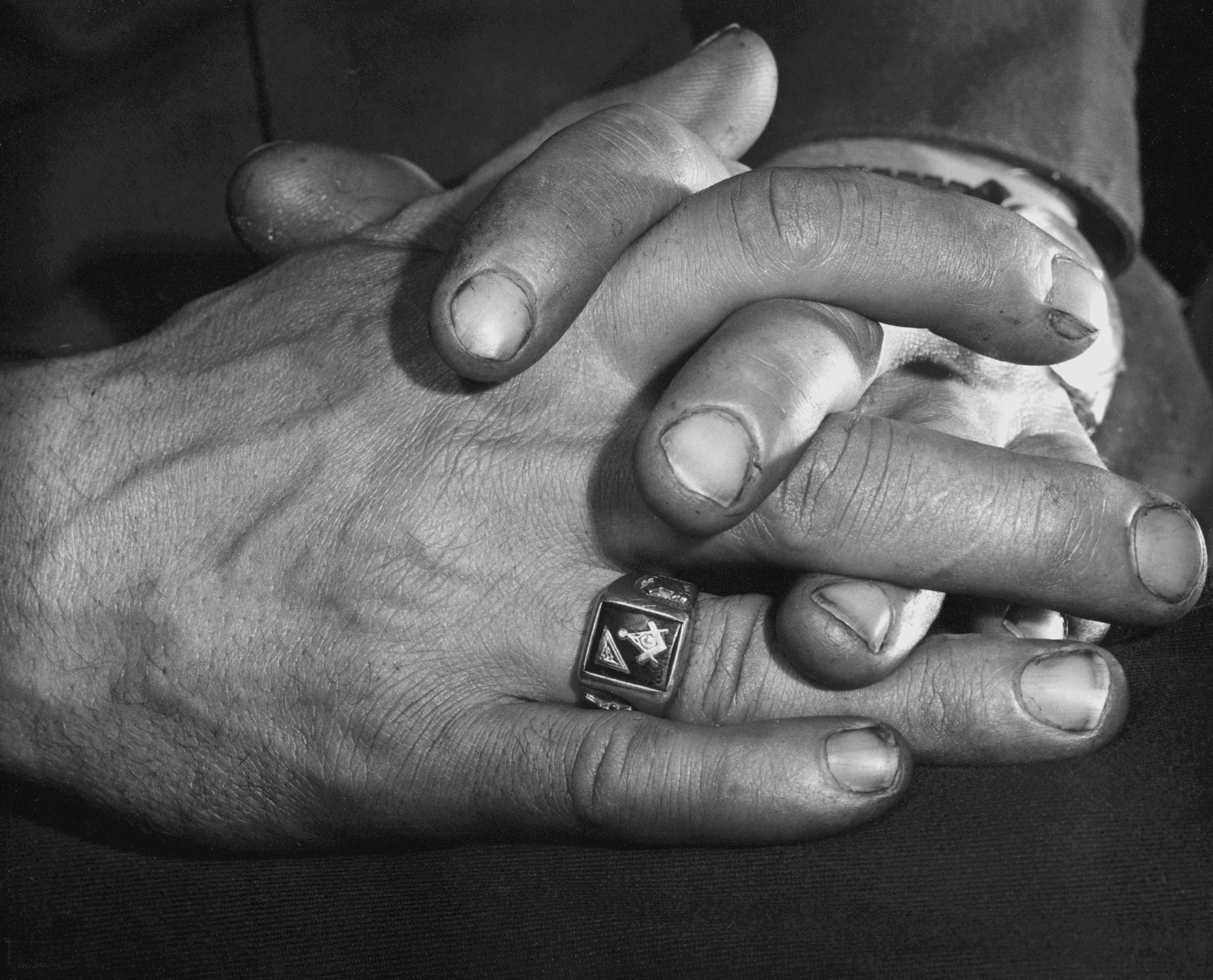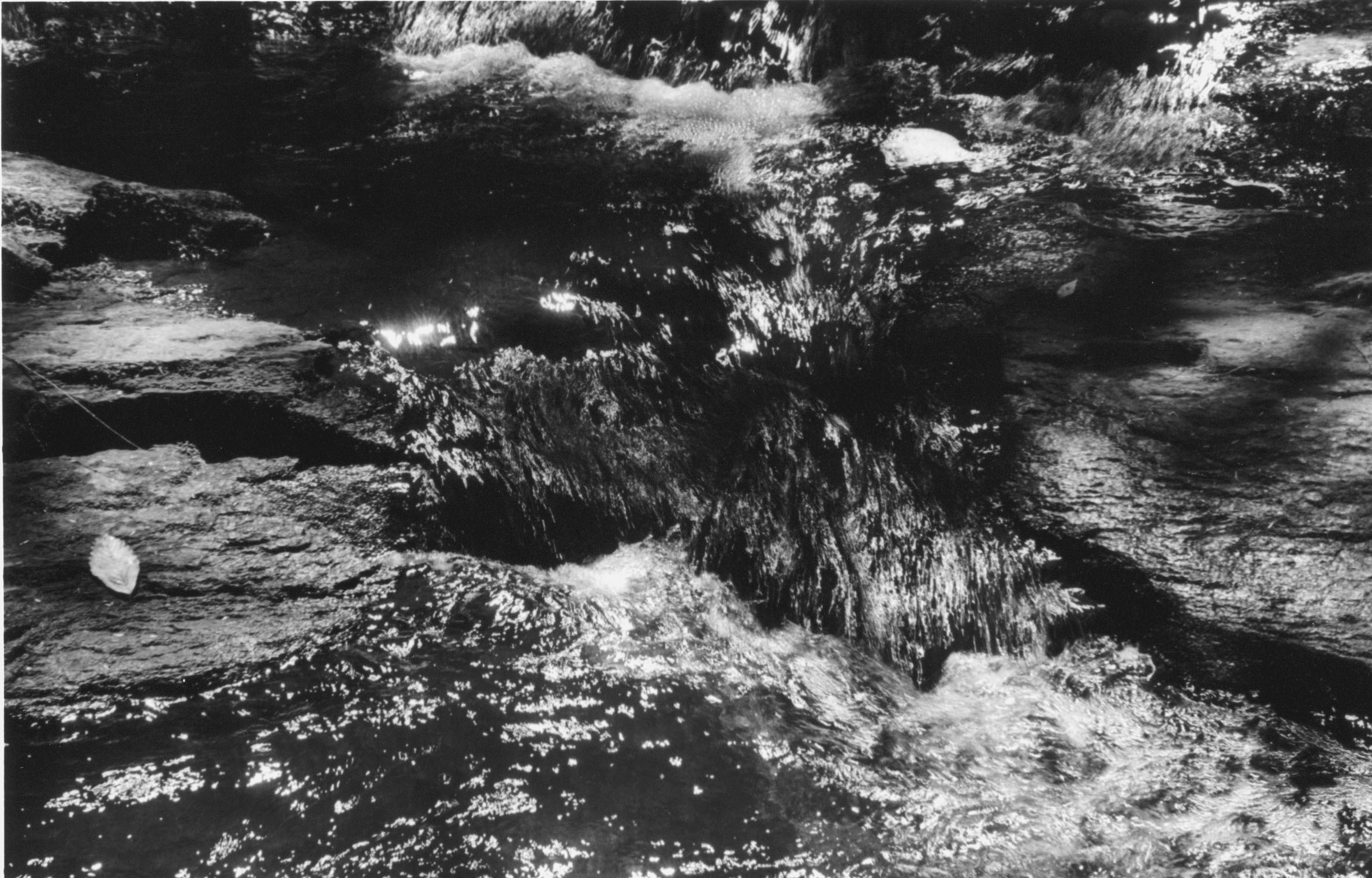I just finished watching the new show on SyFy called Warehouse 13. I enjoyed it, it was a good ride, even though they clearly went after the X-Files crowd with this one. It could be worth a few hours to see where they go with it. They took the endless warehouse from Indiana Jones, added some National Treasure grace notes, stirred in a dollop of Muldur and Scully, and introduced a bit of humor. That last is very important, because when you have a premise that is this borderline, taking it too seriously is risking alienating a lot of audience. The main reason the X-Files worked was the mood, the color, the textures that Carter wove into it, and he played the conspiracy theory game like a master. But for me, it got very old very fast.
The problems with the X-Files were manifold and manifest. The biggest one was Scully. She was the dumbest “scientist” I’d ever seen on television or read in fiction. To remain so obdurately unseeing through all that she was put through required zero imagination in the character, zero sense of humor, and probably some sort of serial fixation or related pathology. If they’d played that up it might have worked, but for pity’s sake she was just dense. And therefore unbelievable.
The other problem with it was the profundity of the secrets ultimately being kept. It worked well when Muldur was just going through a bunch of old case files no one wanted to tackle because they led to bizarre places. Kept modest like that would have allowed the concept to work on the fringe, where it started out, and could have been very entertaining. But when it became this all-encompassing, “the aliens have been here and we are in league with them” kind of schtick, it became ridiculous.
Because they were trying to keep it consistent with mimetic fiction. They were trying to convince us that the world really is this way, only we don’t know it. They tried to make it mainstream.
Doesn’t work. Fringe stuff has to stay on the fringe. Now you can use the premise that what’s on the fringe is really there, but it’s kept on the fringe, and the agents in charge are tasked with keeping the rest of us from knowing it, and in so doing keep all this weird shit away from everyone. You build a bubble attached to the “real world” and populate it with fun plots and wild extrapolations. but it doesn’t have to bear the burden of supporting itself interwoven with the rest of the world.
Which one can do as well, but not at series length. A single movie will work. A novel, a short story. Once you extend the concept into multiple seasons, you run into problems.
The Warehouse 13 people aren’t making that mistake. They’ve created their bubble and there is a conduit attaching it to the real world, but it is not in the real world. The two agents are tasked with removing the weird stuff and quarantining it in South Dakota. That will work.
They will, certainly, imply that what is secreted in the warehouse has, in one way or another, over time, here and there, now and then, affected the real world, and that’s cool, too, but with the conceit that the three habitues of the warehouse are supposed to bottle this stuff up we are not burdened with the implausibilities and inexplicabilities of having the government know about this stuff and attempting to use it.
And keeping everything looking like it still does when we step out our front door.
The way science fiction would work in that instance would be to set the show in the future and posit that everything is now different. It would not then be burdened with selling the audience that this is “our” world, but a world yet to come. Suspension of disbelief proceeds apace then without fear that some major difficulties with the audience b.s. detector will come into play.
Part of this problem is also with what I call the Escalation Problem, which has been part of science fiction almost from day one. Look at, say, E.E. Doc Smith’s Lensmen. Each succeeding book—indeed, each succeeding chapter—required a bigger bang than the last. It was almost a Hollywood approach—to feed the expectations of the audience, the special effects have to keep getting bigger, wilder, more impressive, almost to the point where the storytelling and plot become little more than vehicles for the next cool thing. Smith could match his plots and ideas to his effects, so it wasn’t a disaster, but today, especially in television, this is a Big Problem. It leads to escalations of the absurd in many instances. It leads to cul-de-sacs out of which the writers cannot write.
But it’s a real disaster when stories are set in the given world, the mundane world as it were. Because eventually you have to explain, subtextually if nothing else, why the world hasn’t changed when the tv is turned off and we turn on the news.
Hence the bubble.
I’m looking forward to seeing a few more episodes of this show. I like the premise (such as it is) and I love Saul Rubinek. He’s one of the better character actors working today. For a treat, you should see his portrayal of Lon Cohen in the Timothy Hutton Nero Wolfe’s.
So, with a caveat or two, I’ll give Warehouse 13 my blessing. As if it needs it. Let’s just hope they can keep it on track.



